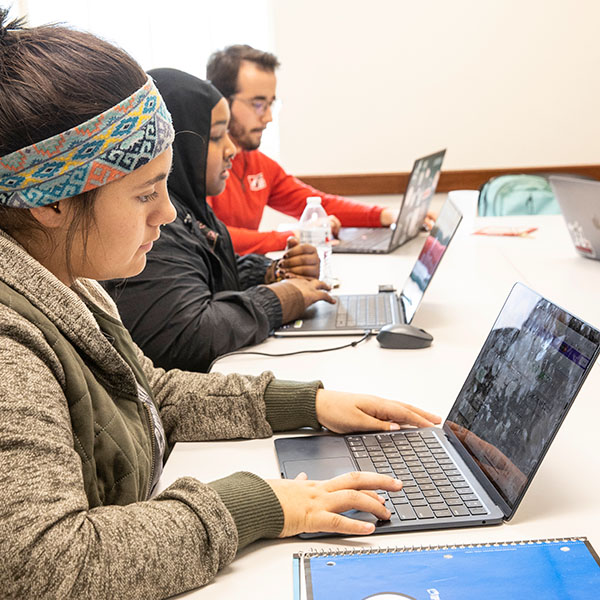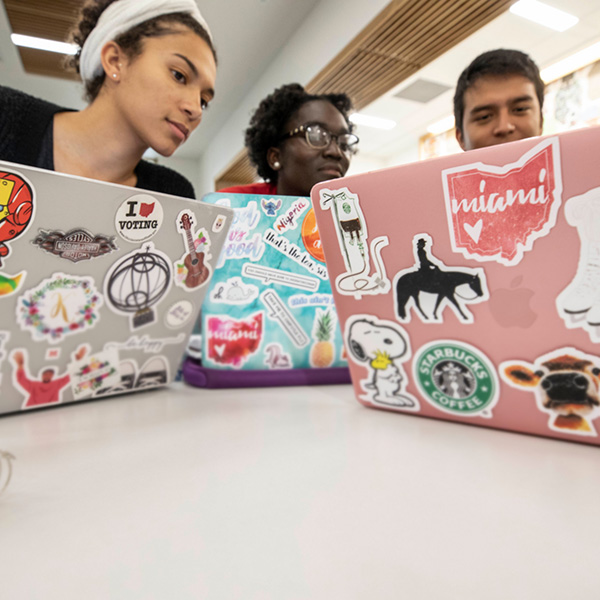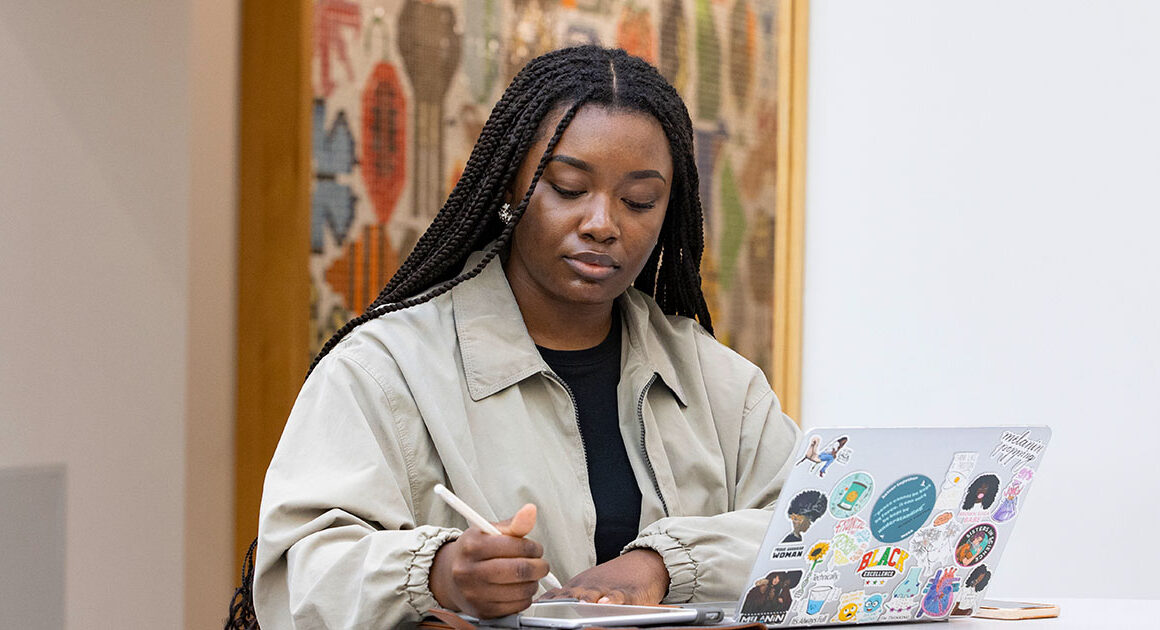Learning to study effectively can lead to routine study skills, better grades, and increased confidence and self-esteem. A good study technique is critical because you can retain and absorb information in less time.
Why Reorganize Your Study Notes?
If you need help remembering your exam material, step back and try rereading your notes or breaking the topic into small sections to comprehend the material better. Reorganizing your notes helps your mind stay fresh and will help you access notes more efficiently. Try reorganizing your notes into a layout such as a Venn diagram, or use bullet points to simplify the sections you are trying to study. Utilize the resources available to you, such as tutors, your professors, and librarians, to give you an idea of what study organization tools will benefit you the most. Cognition Today also offers great suggestions for reorganizing your notes using methods such as “Chunking.”

Why is Customizing Your Notes Helpful?
According to NHS.uk, it may be helpful to customize your notes by experimenting with color coding, notes on flashcards, or labeled diagrams. Customizing your notes is beneficial because you know how you learn best and remember information. You could also color code your notes by section. Color coding helps you corollate colors with topics to make remembering easier. For example, people often associate specific colors with certain subjects: Math is blue, History is red, Science is green, and English is yellow. Assigning a color to a particular section in your notes will help spark your memory because you correlate that color with that specific topic. Giving your study notes a personal touch creates clearer understanding and recall during final exams.
Don’t forget you can always contact staff or faculty for help. We have tutoring services available online or face-to-face. We want to see you succeed!
Are Study Breaks Necessary?
TAKE STUDY BREAKS!!! Decades of research have demonstrated that spacing out study sessions over a longer period improves long-term memory. Make sure you give yourself 25-50 minutes to rest, depending on the intensity of your workload. Your brain needs some downtime. Don’t cram two or three weeks’ worth of work into a 45-minute to-hour study session. Every hour, take a break for several minutes. If you overwork, your brain will experience fatigue and burnout, and stress levels will increase. Go outside for a few minutes and get some fresh air; let your brain rest. Lea Winerman says, “If you have 12 hours to spend on a subject, it’s better to study for three hours each week for four weeks rather than cram all 12 hours into week four.” Read more about her study tips in this American Psychological Association article.


How Can You Use Your Energy to Your Advantage?
Figure out when your energy levels are the highest. Are you more of a morning person, or do you work best at night? Schedule study blocks during this time to be most productive. Applying this method to your study session makes you more likely to achieve your exam-prep goals.
Check out Exam Study Expert’s blog post for more information about studying when your energy is highest and many more study strategies.
Is Studying with Friends Beneficial?
Study groups keep you accountable with support and motivation for learning. Your friends and classmates may have other points of view about the study material, which may help you remember it better. You’re challenging your mind to different ways of thinking, which could benefit you and your academic success. Studying with friends also helps to reinforce information. Teaching others what you’ve learned helps to develop and strengthen your understanding. Studying in a group helps you to absorb information more effectively.
Read this post for more ideas on how to make the most of studying with a group.

What study strategy will you try?
We covered several different ways to study more effectively. Do you have at least one takeaway to apply to your study routine this week or next semester? Good luck with your exams!
Miami University Regionals E-Campus thanks and acknowledges Grace Osterberger for compiling and writing the content of this blog. Grace is a first-year student studying Applied Biology. She plans to further her career as a safety manager upon completing her degree.





